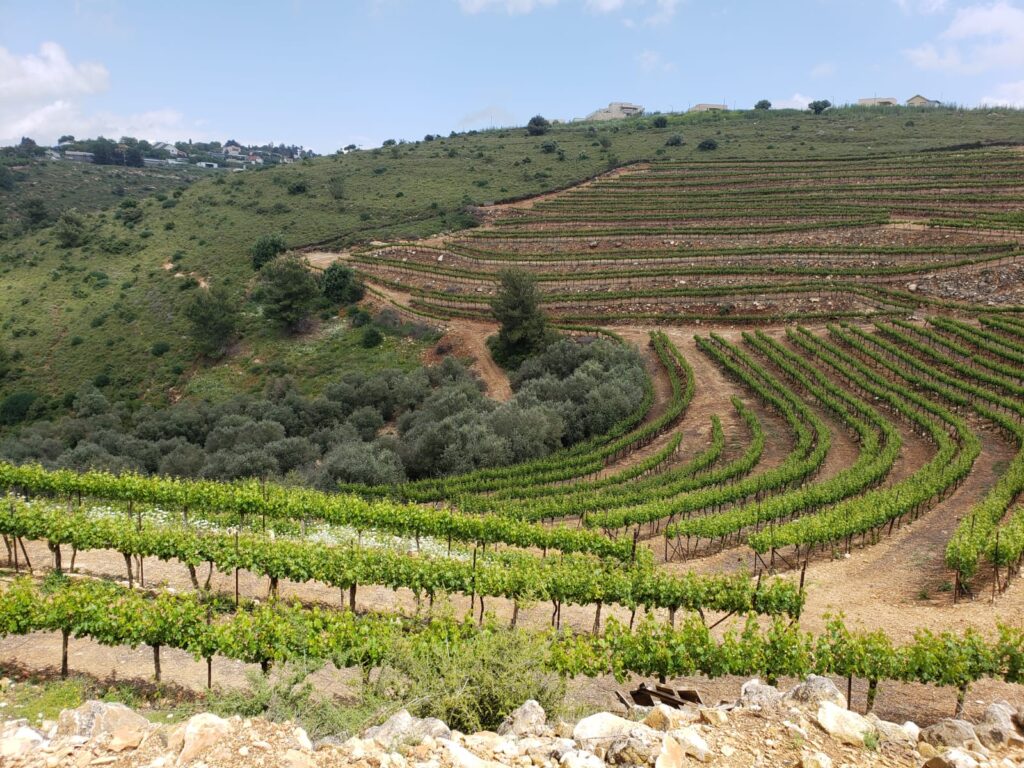Uncorking The Wines Of Israel: Introducing IWPA
Israel has emerged as one of the fastest-growing winemaking regions in the world, with its diverse climate, rich soil, and deep history. Blending ancient tradition with cutting-edge innovation, Israeli vintners are producing wines that rival the best from globally recognized regions. The Israeli Wine Producers Association (IWPA) represents more than 40 wineries across the country—from boutique estates to the largest producers—unifying their voice to promote, educate, and introduce U.S. customers to Israel’s world-class wines.
Each Israeli winery has a vibrant story and a distinctive portfolio, offering award-winning red, white, and rosé varietals. These wines are increasingly available at liquor stores across the United States, appealing to a wide range of palates and budgets.
Israel has also been a pioneer in advanced irrigation technologies, particularly drip irrigation, which has revolutionized not only Israeli agriculture but viticulture (grape-growing for wine) worldwide. Many of the IWPA wineries use drip irrigation systems to produce high-quality wines despite limited rainfall because these systems help manage the terroir more precisely, contributing to Israel’s growing reputation in the global wine industry. Drip irrigation’s slow, targeted watering delivers water directly to the root zone of each plant through a network of tubes, pipes, and emitters.
There is precision control because the flow can be adjusted per vine, allowing winemakers to tailor irrigation for specific grape varieties and soil types. It also minimizes waste, as water loss through evaporation or runoff is drastically reduced compared to traditional methods.
{IWPA Logo_K
{Inside Wine – Hudson Street Photography
{Greenstein Mag Photo credit– Hudson Street Photography
The benefits for vineyards include:
• Water Efficiency—vital in arid climates like Israel’s.
• Enhanced Grape Quality—controlled stress from regulated water delivery can improve phenolic content and sugar concentration, leading to better wine.
• Data-Driven Irrigation—many systems are now integrated with sensors, IoT, and AI.
• Sustainability—supports organic and sustainable practices by limiting weeds and disease pressure from over-watering.
Many of the IWPA wineries utilize drip irrigation systems to produce high-quality wines despite limited rainfall. These systems help manage the terroir more precisely, contributing to Israel’s growing reputation in the global wine industry.
“Despite the challenges Israel has faced, the unique terrain and climate have enabled the production of exceptional wines,” says Josh Greenstein, VP of Marketing and Sales at IWPA. “Our mission is to inspire people to discover the wines of Israel—offering an unmatched journey for wine lovers everywhere.”
Wineries Represented By The IWPA
1848 Winery, Alexander Winery, Barkan Winery, Ben Ami Winery, BNNUN Winery, Binyamina Winery, Carmel Winery, The Cave Winery, Covenant Israel, Domaine du Castel, Ephod Winery, Feldstein Winery, Flam Winery, Pinto Winery, Gros Winery, Gush Etzion Winery, Jezreel Valley Winery, Matar by Pelter, Morad Winery, Nadiv Winery, Château Golan, Netofa Winery, Odem Mountain Winery, Or Haganuz Winery, Psagot Winery, Raziel Winery, Segal Winery, Shamay Galilee Winery, Shiloh Winery, Stoudemire Wines, Tabor Winery, Teperberg Winery, Tulip Winery, Tura Winery, Tzuba Winery, Vitkin Winery, Weiss Winery, Yayn Winery, Yali Winery, and Zion Winery. n
The IWPA unites Israel’s diverse wineries under one banner to elevate global awareness of Israel as a premier wine-producing country. Its mission is to encourage wine enthusiasts to explore Israeli wines that stand alongside those from Italy, France, Spain, and Argentina. Follow @IsraeliWine for updates and insights from the IWPA or visit www.iwpa.com.












